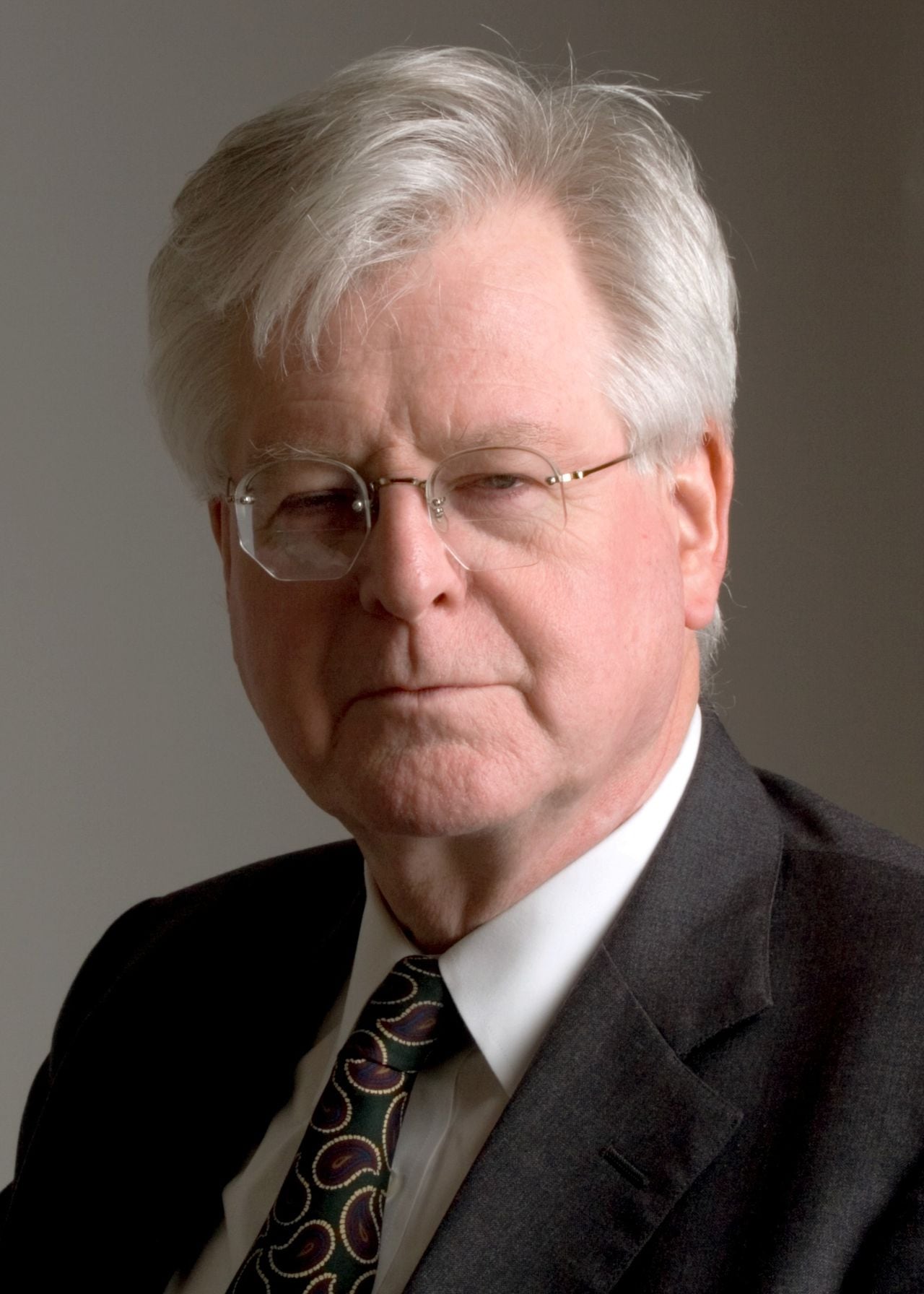Bill Slaughter, the controversial âNick Saban of Alabama lawyers,â dead at 84
Attorney Bill Slaughter, a former state legislator who was one of the most influential lawyers in Birmingham and Jefferson County politics for decades, has died.
Slaughter died on Jan. 14. He was 84.
“Bill was as smart and brilliant a lawyer as they come,” said former U.S. Sen. Doug Jones. “For better or for worse, he had a lot of influence in Jefferson County.”
Slaughter was paid millions of dollars as lead attorney for the Jefferson County Commission during a time of crisis, that saw a massive sewer debt and bond deals that led to one of the largest municipal bankruptcies in U.S. history.
He successfully defended the county against lawsuits challenging its education sales tax and occupational taxes.
“I would liken Bill Slaughter to the Nick Saban of lawyers in Alabama,” said attorney Michael Choy, who worked at the firm of Haskell and Slaughter with Slaughter from 1994 to 2009. “He had a process, and he would not delegate writing briefs.”
Slaughter was elected to the state Legislature in 1986, served until 1990 and wrote 300 pages of gaming legislation allowing gambling casinos at dog tracks.
He later worked as an attorney for the Birmingham City Council and oversaw the transfer of the city’s ownership of water works assets to the independent Birmingham Water Works Authority.
“He told me that you do not want a utility, particularly a water utility, one of the central things that people need, in the hands of an elected official,” Choy said. “An elected official would never raise rates, because it would be unpopular.”
Slaughter resigned from city work in 2001 after the incoming City Council tried to take back Water Works assets.
He was the controversial lead attorney for the Jefferson County Commission from 2002 through 2007 as it negotiated bond swap deals that later went bad when the market tanked in 2008, leading Jefferson County to declare bankruptcy.
Slaughter helped negotiate $475 million in 40-year bond sales in 2002 to help finance the county’s sewer debt from a billion dollars in court-ordered sewer repairs.
“It may not be the most prudent thing, but more a matter of necessity,” Slaughter said in 2002.
“He was the godfather of municipal finance in Alabama,” Choy said. “I believe he deserves credit, even though nobody would be willing to give him credit for it.”
Choy said the blame for the bankruptcy properly belongs to the financial institutions that caused the collapse by bundling and leveraging municipal bonds and the regulators who allowed it.
“If not for the 2008 financial crisis, the county likely would have never gone bankrupt,” Choy said.
“Bill doesn’t deserve the blame. Neither does (former Jefferson County commissioners) Larry Langford or Gary White. A lawyer can only negotiate what the decisionmakers decide they were going to do. The commission decided based on what J.P. Morgan told them. Bill advised them on the risks.”
Slaughter was born in Fairfield and grew up on Army bases while his father served during World War II. The family settled in Homewood and Slaughter later lived in Mountain Brook.
Slaughter was one of the first to enroll at Indian Springs School in 1952 and he was later a financial supporter and chairman of the board.
He graduated from Harvard College and returned to Birmingham in 1961 to work for Rust Engineering.
In 1963, he went to the University of Virginia Law School and in 1973 he founded the Birmingham law firm, Haskell, Slaughter and Young.
“I saw him many times beat lawyers in close cases because he could explain the historical context of a statute,” Choy said.
“Bill was one of the smartest, brightest, most intellectual people that I have ever met, not just in terms of the law, but American history and politics and life in general,” Choy said.
“Every answer he gave he had to start in the pre-revolutionary period, then come to the Revolution, then come to modern times to give his final answer.”
Slaughter had a soft personal side, Choy said.
“When I was going through my divorce, he counseled me personally,” said Choy, who told Slaughter he had no plans for that upcoming Christmas Eve and Christmas Day.
“He said, ‘You’re going to go to church with us at (Cathedral Church of the) Advent, then on Christmas Day, you’re going to have Christmas dinner with us.”
Not everyone saw the side of him that helped people in need and loved animals and nature, said his son, Hanson Slaughter.
“Dad was a very unique and complicated person,” Slaughter said.
“I don’t think a lot of people realized what a truly empathetic person he was underneath. He was a huge conservationist. He did a lot of work establishing the Black Warrior Land Trust and enlarging Ruffner Mountain. Philanthropy was near and dear to Dad, but he never wanted recognition for it. He did it very quietly.”
In the end, his father was harshly judged for being a face of the bond deals that ended badly with the county bankruptcy, fairly or not, Hanson Slaughter said.
“It was a highly charged situation,” Slaughter said. “A lot of people misunderstood Dad’s role in all of that… He and I both felt very strongly that the county shouldn’t declare bankruptcy, but at the end of the day that’s what happened.”
William Mayfield Slaughter, born on Feb. 24, 1939, died on Jan. 14, 2024. (File)File
